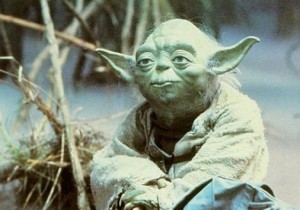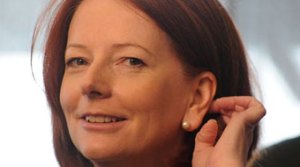Does evolution endorse any particular political ideology? Larry Arnhart – he of Darwinian Conservatism – thinks it does (as the title of his blog might suggest). He elaborates on his notion that evolution suggests liberalism (in the traditional sense*) in an essay authored for the libertarian think tank, the Cato Institute, entitled Darwinian Liberalism.

Larry Arnhart
It’s well worth a read, as it weaves together a slew of interesting elements of evolutionary theory, moral and evolutionary psychology and political ideology – a synthesis that I think is largely underrated in academia.
I’m inclined to largely agree with Arnhart’s conclusion that liberalism is an effective political ideology, but I’m wary of calling upon evolutionary biology to justify this fact, and I disagree with him in some key details of his argument.
My own view is that evolution is important in understanding humans and what makes us the way we are, but that it doesn’t explicitly endorse any particular political ideology. Instead, as I’ve argued before, I believe that evolution is not only agnostic when it comes to favouring one political ideology over another, but that, if anything, it favours a diversity of political ideologies.
(more…)


